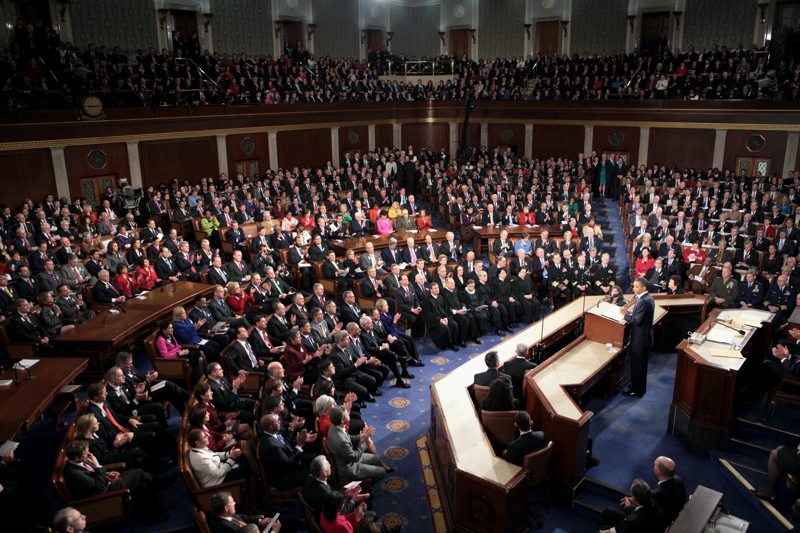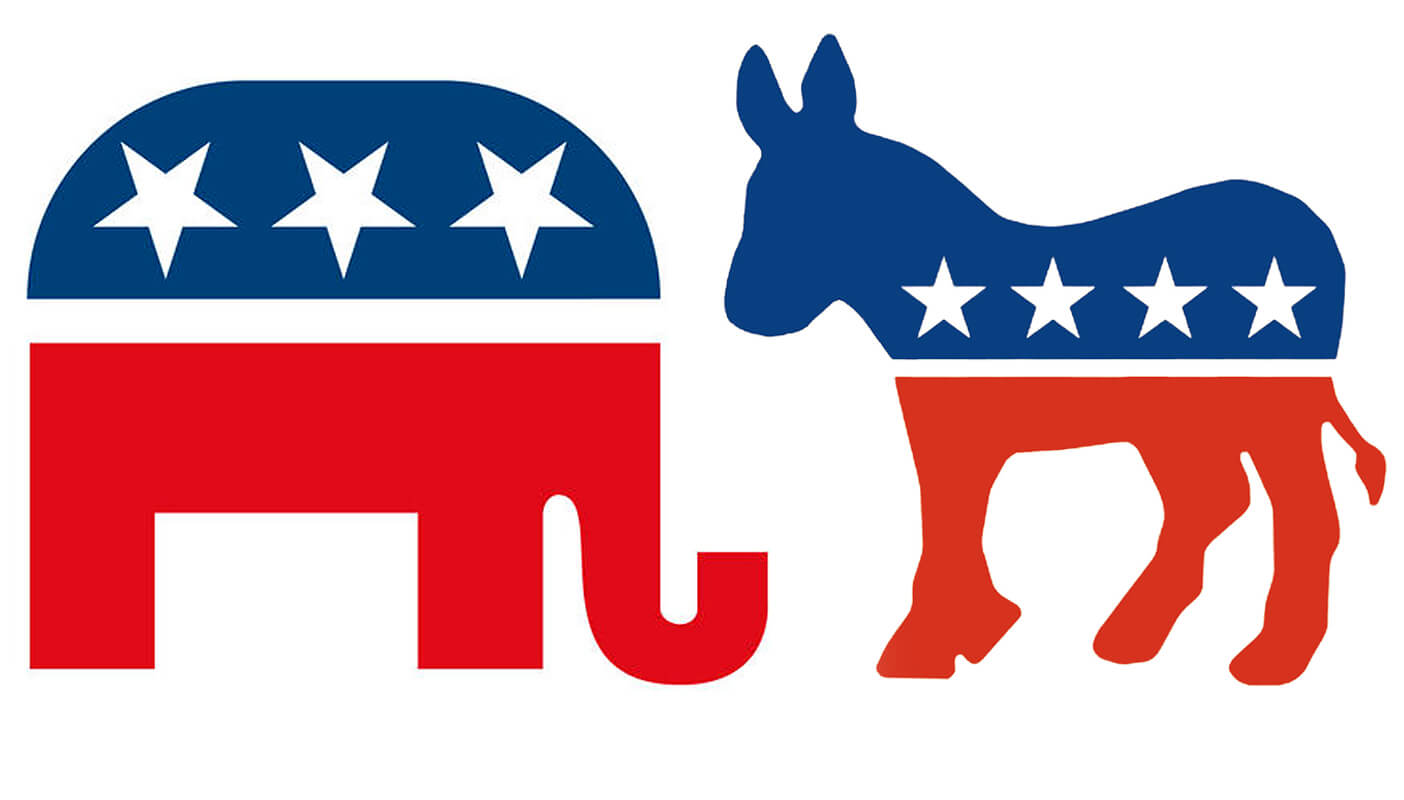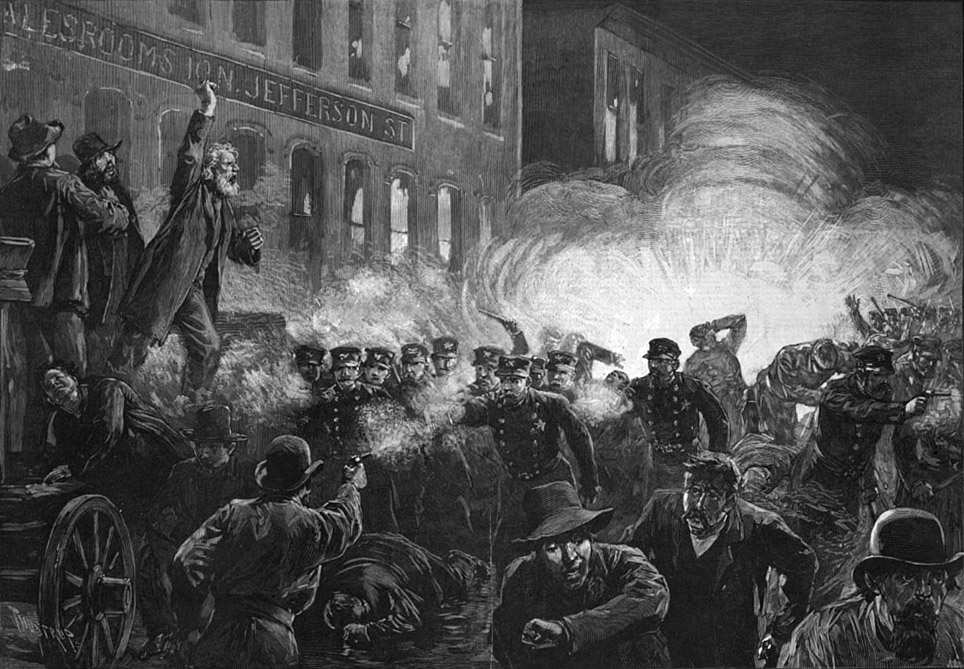 |
| George Washington |
Washington is glad that the people are concerned about the good of the country, however he hopes that they will not disapprove of his decision. The older he gets, the more he realizes he is ready to retire. He is grateful for the support he has received over the years, and hopes the citizens' happiness can be made complete.
He informs the people that the current state of the government - unified - will not always be that way. He also says people need to remain united. The North needs the South, and vice versa, the East needs the West, and vice versa. This interdependence will make the nation stronger and will provide greater security from "external danger."
Having an effective government is not easy, shown by the Articles of Confederation. However, the Constitution is "better calculated" and the government should receive credit for that. Also, the laws in the Constitution should be adhered to, and however if the people disagree with a law, they should change it, since just disobeying the law is destructive.
Parties may seem like they're doing good, but they actually are the enemy of government. They pit people against each other and leave America vulnerable to other countries. People should be cautious regarding who they elect into political office, and be careful in not allowing one branch to have power over the others. If the citizens think the balance of power is off, it should be corrected in the Constitution, but be careful, since this can lead to destruction of the government.
Religion and morality are important to political prosperity, as well as education. Have a positive, peaceful relationship with other nations, and do not have rivalries with these nations. Also bad are permanent alliances, since they can result in unwanted participation in war, or can result in foreign nations interfering with America. The most important thing about trade relations with other countries is having them with minimal political connection.
He hopes what he said will be helpful in preventing waves of powerful parties in the future or reminding people to stay out of foreign affairs. Regarding the ongoing war in Europe, stick to the Proclamation of Neutrality - it is not worth it, as a new nation, to get involved in a war. He finishes by saying that while he has made mistakes, he hopes they were not too costly, and that people will forgive him. Lastly, he is excited to be a citizen of a free country, a happy reward for the work he has done.
 |
| Barack Obama giving the State of the Union speech in 2011 |






_-_Washington_Crossing_the_Delaware_-_Google_Art_Project.jpg)






